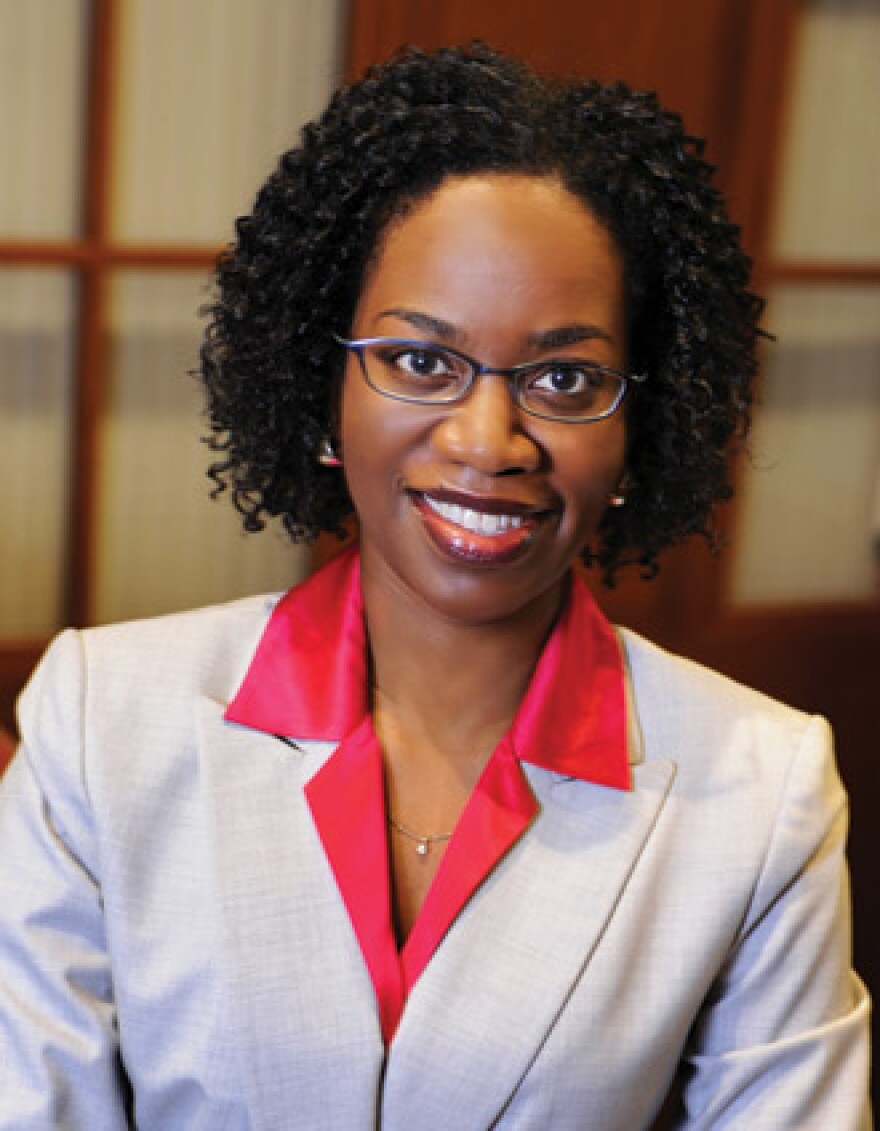Having a diverse workforce is a priority for many companies, but researchers have found that just putting people with diverse backgrounds together doesn’t always improve outcomes. They have to actually engage with each other, and that can be a complicated process.
In this week’s Exploradio, WKSU’s Jeff St.Clair looks out how the company you keep impacts diversity at your company.
Diversity can remain an untapped resource for a company when the connections aren’t clicking among diverse team members.

That’s according to Erin Makarius, assistant professor of management at the University of Akron, who looks at the dynamics of diverse teams.
“You tend to see positive outcomes in terms of creativity, yet negative interpersonal outcomes, more conflict in the group, lower trust. And we wanted to understand a little bit more about why that happens and if it has to happen. Is there another alternative?”
Makarius is co-author of a recent study that asks the question:
“What happens if people choose, rather than being assigned, to work with diverse others.”
Her collaborator is Steffanie Wilk, who teaches organizational behavior at Ohio State University. She says they’re trying to understand how diverse relationships outside of work influence effectiveness at the office.

“We don’t find a positive effect for diverse teams. We only find it when you have this diversity that’s being carried across the boundary,” says Wilk.
Diversity By Choice
She says just putting people of different races together in a room doesn’t necessarily bring out the benefits of diversity. They have to develop a connection.
“Your choices of your diverse relationships at work are the things that lead to a positive; your forced diversity at work, your team, doesn’t.”
Ohio State’s Tracy Dumas, who’s authored similar studies, puts it another way:
“It takes more work. It’s just harder.”
We are a diverse society. And the research indicates the effectiveness of our workplaces depends on that diversity. But Dumas acknowledges it can be uncomfortable bridging the sometimes deep gap between coworkers of different races.
“It can be painful, but there are lots of good things that can come out it if we can endure the pain – push through the pain -- and be intentional about working through it,” says Dumas.
Diverse Friendships Off Hours
And that’s where the work of Makarius and Wilk comes in.

They’re looking at what can be done to break down racial barriers in the workplace.
Erin Makarius says when you forge bonds with people who don’t look like you in your personal life, it leads to greater trust and effectiveness with diverse others in the office.
“Choosing to have more diverse friends, a greater extent of diverse friendships in your network, always led to more positive outcomes.”
Steffanie Wilk says she hopes the research leads to a little soul searching: “I do want people to think about it,” she says.
She says it’s important to assess the impulse to avoid interracial interaction.
“There is effort that needs to go into being compassionate to, empathetic, just even an effort to make a connection to someone who may look different than you,” says Wilk.
Embracing Differences
And those differences can hold the key to effective diversity according to Tracy Dumas.

She describes a study where two groups of diverse strangers were put together and given a job to do. One group was told to first spend time finding all the ways they’re alike, and the second group was told to explore their differences.
“So the punch line is that the groups that went through the process of identifying how they’re different from each other did better on all measures,” says Dumas.
She says when people are different, "it’s the elephant in the room, and to suppress discussion of that and to try and ignore it, actually seems to be blocking people cognitively from performing well on a task.”
Beyond Diversity
But Dumas acknowledges that uncovering historical, cultural, and social differences can be awkward, especially when those differences imply a lower status.
It’s part of what makes it so hard for organizations to achieve Dumas' seemingly simple definition of diversity: “True respect for the unique contributions that people bring.”
Diversity can be a loaded term, especially when it’s tied to quotas and non-voluntary compliance within companies.
Research is showing us that for the benefits of a diverse workforce to work, we need to move beyond diversity and choose inclusion.
And the company you keep off hours plays a big role in being open to different people at your company.







